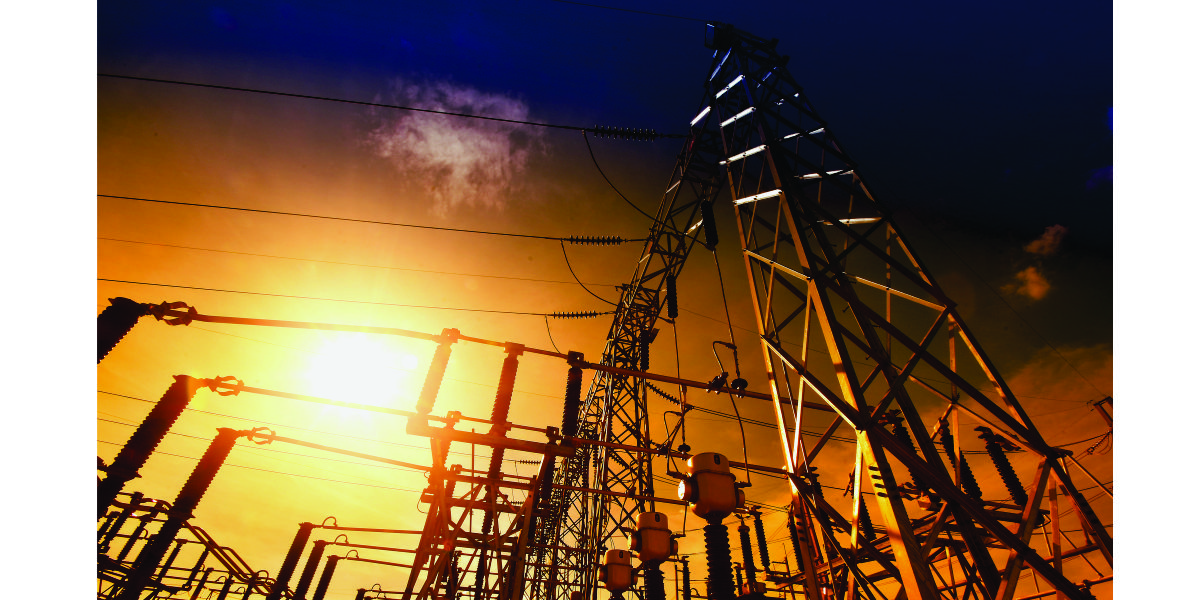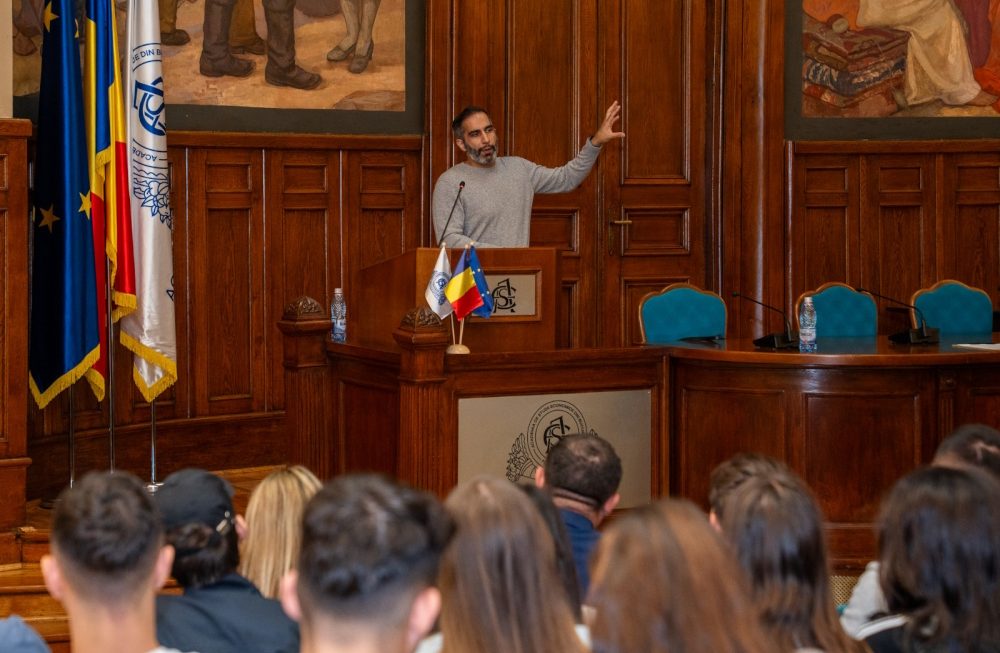
Volatility In Natural Gas Prices
The European Union Council states in its online portal that starting from the second half of 2021 there has been a sharp jump in energy prices in the EU and around the world. This situation was expected, to some extent, in the context of the post-COVID-19 economic recovery and the easing of travel restrictions, but energy prices rose more than expected.
Several factors have contributed to the price increase, such as the unprecedented increase in natural gas prices on world markets – up more than 170% in 2021, the long and cold winter in early 2021, which increased heating demand, followed by a long hot summer and increased use of cooling devices. This category may also include: the increased demand for liquefied natural gas and the increase in its price, the increase in the consumption of natural gas in Asia as a result of the economic recovery, and the increasing geopolitical tensions, including the war in Ukraine.
This year, the price of natural gas in Europe fell by 11% on July 11 after Canada decided to allow the export of a major turbine for the main pipeline that delivers Russian natural gas to Germany, according to the latest articles in the field.
The drop in gas supplies through the Nord Stream 1 pipeline comes at a time when Europe is facing a major energy crisis, which has seen prices rise. Therefore, companies have had to look for solutions to save energy, with favorable prices being the goal of any consumer. A long-term reduction in Russian gas supplies, or worse, a complete shutdown, would jeopardize the gas filling program before winter when consumption peaks.
In terms of natural gas supplies, Austria is almost completely dependent on Russia, but since mid-June, Russian natural gas suppliers have reduced deliveries to Austria to about half of the agreed amount. This fact is a cause for concern for Austrian officials because natural gas prices are constantly rising, and no one knows when favorable prices for natural gas and energy will be discussed again.
Many executives of large companies are preparing for a reduction in gas supply, thus trying to save and even produce energy themselves, taking into account their power plants or the conversion of boilers. One example is Automaker Stellantis, which is preparing for a possible supply crisis by considering investing in an existing plant to cover at least part of its needs. Equally, the European Union has proposed to reduce by two-thirds the natural gas supply from the Russians during this year, after which it will become completely independent of Russian services.
Soon, a regulation was adopted in Brussels that voluntarily requires each member state to reduce the demand and consumption of electricity by at least 15%. This burden falls on the shoulders of most natural gas suppliers, who are the raw material suppliers in electricity production.
The general pressures from the global level will push electricity suppliers to submit to European requirements, and the recently liberalized market in Romania will control the final price through the two forces represented by supply and demand. Although consumers have the freedom to choose the most suitable supplier, the current volatility of the raw materials price will make them focus mainly on the most advantageous price.
Share
Share















